How AI Is Reshangel Venture Capital: Smart Strategies for Tech Investors

The AI Revolution: Are You Ready to Invest Wisely?
Imagine a world where investment decisions are powered by algorithms, where predicting the next tech giant isn’t just intuition, but data-driven analysis. But with the rapid advancements in artificial intelligence, navigating the landscape of AI Investment Strategies can feel overwhelming. Are you confident you’re positioned to capitalize on this transformative era?
This isn’t your grandfather’s investing. The rise of sophisticated AI models, machine learning, and deep learning is fundamentally reshaping industries and creating unprecedented opportunities. Investing in this space requires a new mindset and a keen understanding of emerging trends. This comprehensive guide will illuminate the key concepts, strategies, and potential pitfalls of AI Investment Strategies, equipping you with the knowledge to navigate this exciting frontier. We’ll also touch upon Tech Startup Funding and its evolving dynamics in the age of AI, providing you with a holistic view of this dynamic market.
Key Concepts & Trends

The convergence of AI and investment is generating a wave of innovation. Key concepts driving this shift include:
- Generative AI: Tools like GPT-4 are not just creating content; they’re revolutionizing business processes and creating new product categories. Investing in companies leveraging generative AI for content creation, drug discovery, or code generation is a significant trend.
- Machine Learning (ML) in Financial Modeling: ML algorithms are being deployed for tasks like risk assessment, fraud detection, and algorithmic trading, offering potentially higher accuracy and speed than traditional methods.
- Explainable AI (XAI): As AI becomes more integrated into critical decisions, understanding why an AI model makes a certain prediction is crucial for trust and compliance. Companies building XAI solutions are gaining traction.
- AI-Powered Due Diligence: AI is automating the process of analyzing vast amounts of data for investment due diligence, identifying potential risks and opportunities more efficiently.
- Quantum Computing’s Impact: Though still in its nascent stages, quantum computing holds the potential to dramatically accelerate AI capabilities and unlock new investment avenues in the future.
Real-World Example: Consider a healthcare startup using AI to analyze medical images for early disease detection. Investors are drawn to companies promising improved accuracy and faster diagnoses, leading to increased funding in this sector.
Data & Market Insights
The AI investment landscape is experiencing exponential growth. According to a recent report by Statista, global AI market revenue is projected to reach $1.8 trillion by 2030, demonstrating a significant upward trend. A key driver is Tech Startup Funding in the AI sector, which has seen a substantial increase in recent years. here highlights how venture capital is increasingly focused on AI, with deals in the sector reaching record highs.
(Visual Aid Suggestion: A line graph showing the projected growth of the global AI market revenue from 2024 to 2030, and a separate bar chart comparing AI investment in 2020 vs. 2024.)
This growth isn’t limited to major tech hubs. Emerging AI ecosystems in countries like India and Brazil are attracting significant investment and fostering innovation. The increasing availability of cloud computing and open-source AI tools is also lowering the barrier to entry for startups.
Smarter Strategies & Alternatives
To navigate the complexities of AI Investment Strategies, consider these approaches:
- Focus on Specific Niches: Instead of broadly investing in “AI,” specialize in areas like AI-powered cybersecurity, autonomous vehicles, or personalized medicine.
- Venture Capital & Private Equity: For higher-risk, higher-reward opportunities, explore VC and PE firms specializing in AI.
- Publicly Traded Companies: Invest in established companies with significant AI divisions, such as NVIDIA, Google (Alphabet), and Microsoft.
- AI ETFs: Exchange-Traded Funds (ETFs) focused on AI offer diversified exposure to the sector.
- Angel Investing: Directly invest in early-stage AI startups, albeit with a higher level of risk.
Alternative Platforms: Platforms like Seedcamp and Techstars offer curated access to promising AI startups.
Use Cases & Applications
The applications of AI in various industries are vast and rapidly expanding:
- Finance: AI is used for fraud detection, algorithmic trading, customer service chatbots, and personalized financial advice.
- Healthcare: AI powers medical imaging analysis, drug discovery, personalized treatment plans, and robotic surgery.
- Retail: AI optimizes supply chains, personalizes customer experiences, and powers recommendation engines.
- Manufacturing: AI enables predictive maintenance, quality control, and robotic automation.
- Transportation: AI is the backbone of autonomous vehicles and optimizes logistics.
Success Story: Tesla’s success is a prime example of how AI is transforming the automotive industry, demonstrating the potential for disruptive innovation.
Common Mistakes to Avoid
Investing in AI isn’t without its risks. Some common mistakes to avoid include:
- Chasing Hype: Don’t invest solely based on buzzwords. Conduct thorough due diligence on the underlying technology and business model.
- Ignoring the Team: The team behind the AI startup is crucial. Assess their expertise, experience, and track record.
- Overestimating ROI: AI projects can be complex and may take longer than expected to generate returns.
- Neglecting Data Privacy & Security: AI systems rely on data; ensure the company has robust data privacy and security measures in place.
- Lack of understanding fundamental economics: simply investing in an AI company does not guarantee financial success.
Maintenance, Security & Long-Term Planning
For long-term success in AI investments:
- Stay Informed: The AI landscape is constantly evolving. Continuously monitor industry trends and technological advancements.
- Diversify Your Portfolio: Don’t put all your eggs in one basket. Diversify across different AI sub-sectors and companies.
- Prioritize Cybersecurity: AI systems are vulnerable to cyberattacks. Implement robust security measures to protect your investments.
- Monitor Regulatory Changes: AI regulations are evolving. Stay informed about potential regulatory changes that could impact your investments.
Summary & Key Takeaways
AI Investment Strategies represent a paradigm shift in how we approach investment. The potential for growth is immense, but so are the challenges. By understanding key concepts, conducting thorough due diligence, and staying informed about industry trends, you can navigate this exciting landscape successfully. Remember, the future is intelligent, and smart investors are those who embrace the power of AI today.
Call to Action: What are your thoughts on the future of AI investment? Share your experiences and insights in the comments below! Don’t forget to explore our related article on AI Investment Strategies for a deeper dive into this fascinating topic.
FAQs
Is it too late to invest in crypto? While the crypto market has experienced volatility, the underlying technology (blockchain) has significant potential. Focusing on AI-powered blockchain applications might offer more promising investment opportunities than traditional cryptocurrencies.
How can small businesses use AI? Small businesses can leverage AI through tools like AI-powered CRM systems, marketing automation platforms, and customer service chatbots to improve efficiency and customer experience.
What tech stacks scale best? Cloud-native tech stacks, utilizing microservices and containerization (like Docker and Kubernetes), tend to scale most effectively for AI applications.
Note: This blog post is for informational purposes only and does not constitute financial advice. Consult with a qualified financial advisor before making any investment decisions.
Share this content:

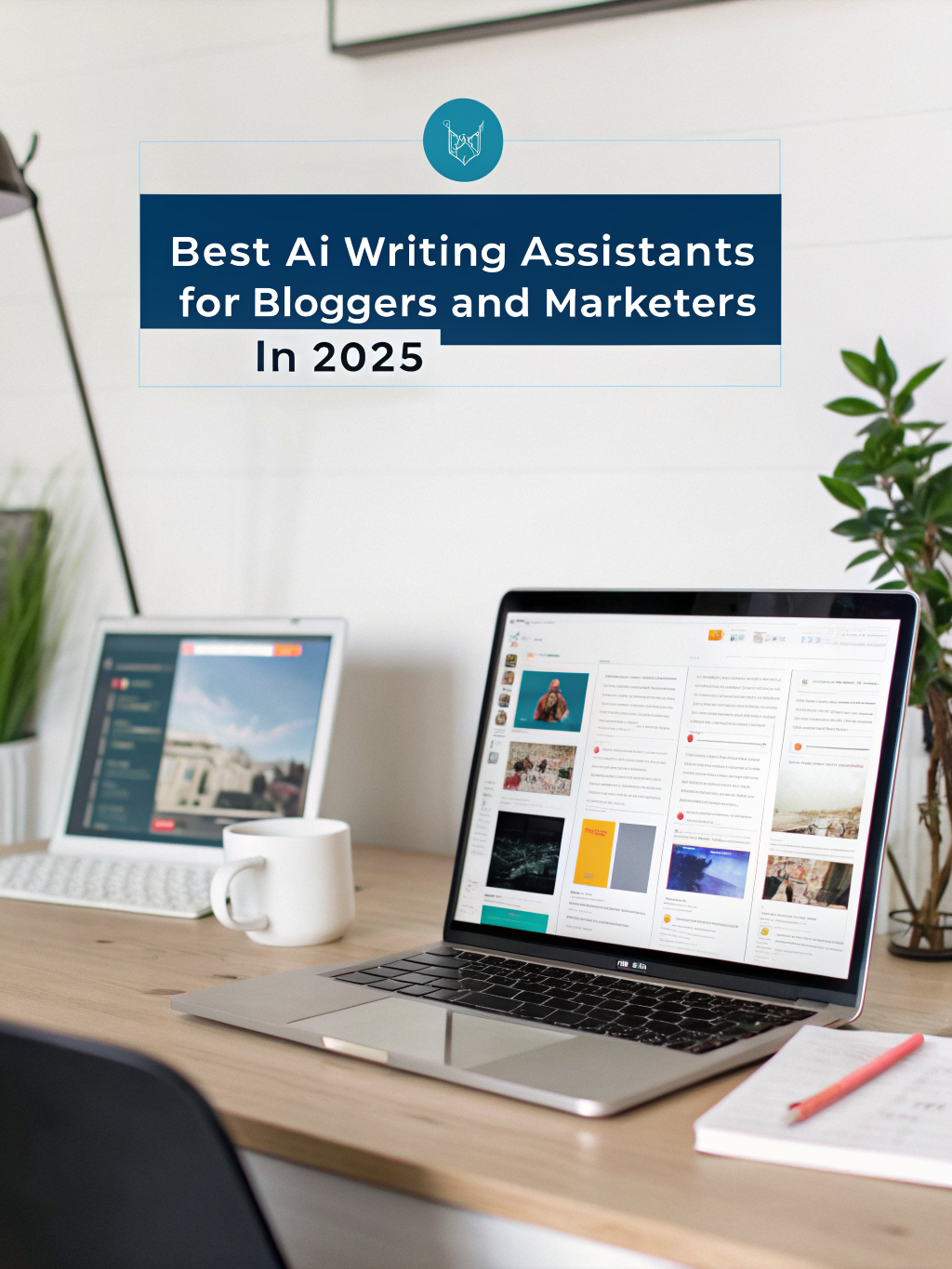
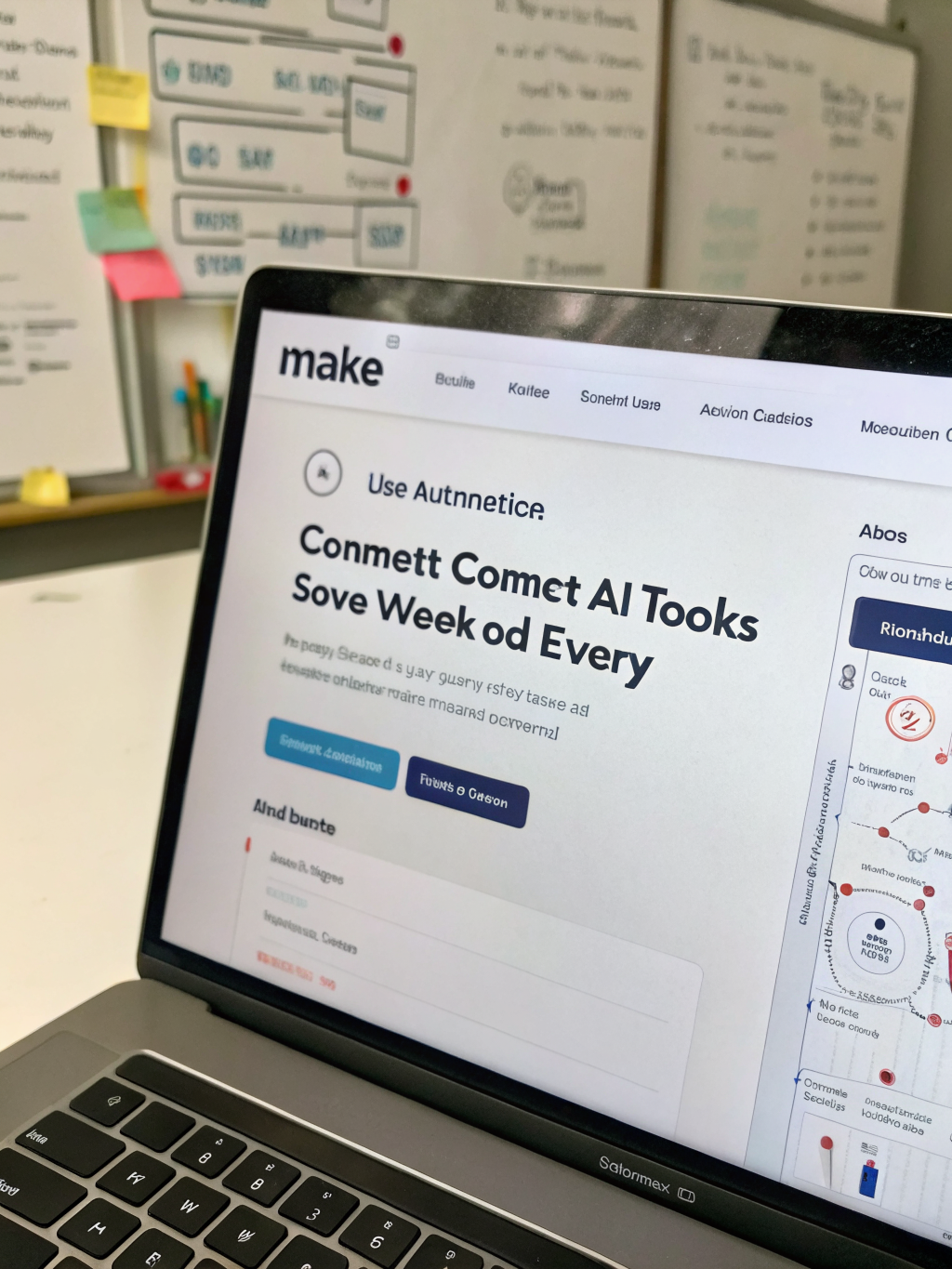


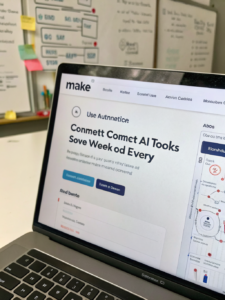

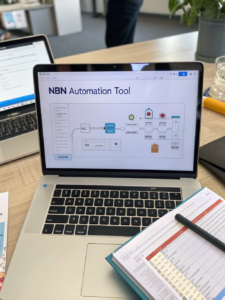

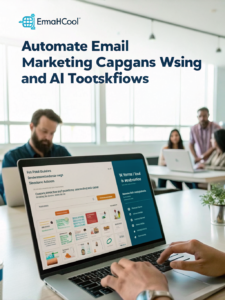



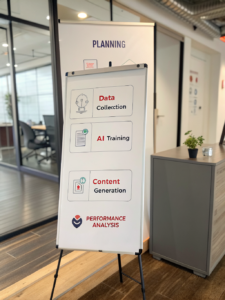
Post Comment